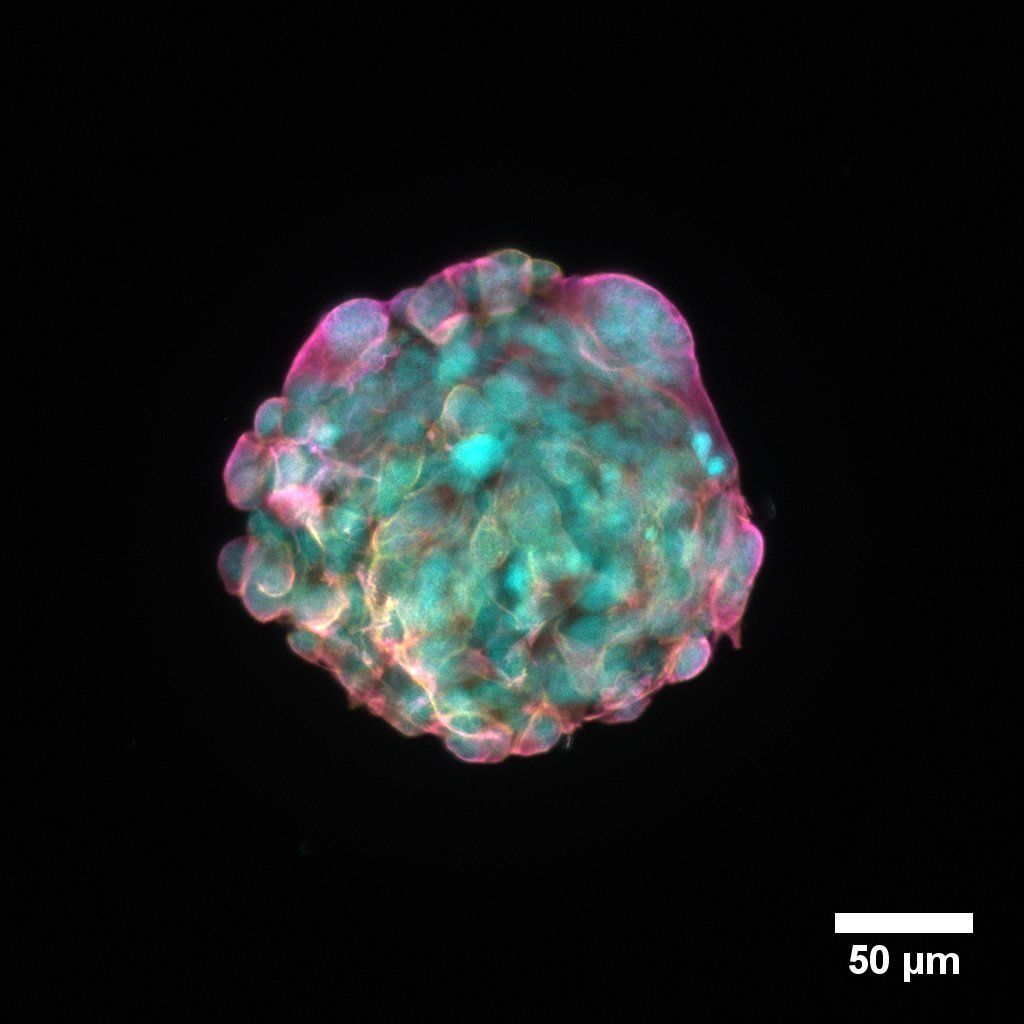Research Group Chantal Pauli
Keywords
Preclinical ex vivo models, functional precision oncology, functional screening, solid tumors, sarcoma
Summary & Mission statement
It is our mission to support clinicians to better guide the individual cancer therapy for our patients. In order to do so, we use high fidelity patient derived ex vivo models of solid cancers to identify the effects of tumor specific factors upon oncogenic signalling, identify novel targets and treatment strategies with high efficacy.
Overview
Precision Oncology
The heterogeneity among different cancer types has led to the realization that more personalized approaches are needed to improve the individual treatment outcomes. Precision Oncology has traditionally used static features such as genomics or more recently target expression to guide which therapies should be used.
Functional Precision Oncology
As the precision oncology approach only benefits a low percentage of patients, additional valuable information about tumor vulnerabilities is necessary. Functional precision oncology is an approach to directly test drugs on patient derived tumor cells in order to provide immediate translatable and more precise information to guide individual therapies.
Our Clinical Activities
Our main focus is the development of high-fidelity patient derived ex-vivo cancer models for functional precision oncology. With such an approach we can complement static features by generating dynamic data that may encompass key vulnerabilities, including those conveyed by altered signaling pathways due to, for example, epigenetic changes not necessarily driven by distinct genomic aberrations.
Our functional precision oncology platforms integrate functional testing with comprehensive genomics, transcriptomics and clinical data in order to find druggable targets, redefine the standard of patient care, and improve patient outcomes.
Our Research Activities
Our research activities encompass medium to high throughput drug screening and CRISPR/Cas technologies on ex-vivo patient derived cancer models for the discovery and identification of novel drug targets an drug vulnerabilities in especially rare cancers such as soft tissue sarcomas and cancers that are difficult to treat (e.g. pancreatic cancer). We study the environmental influences on drug responses using different hydrogels. With the establishment of resistant patient derived ex-vivo cancer cell models we obtain insight into the mechanism of acquired drug resistance. Together with our collaborators we further pursue projects using cutting-edge machine learning algorithms to better predict drug responses in patient derived ex-vivo cancer models.

